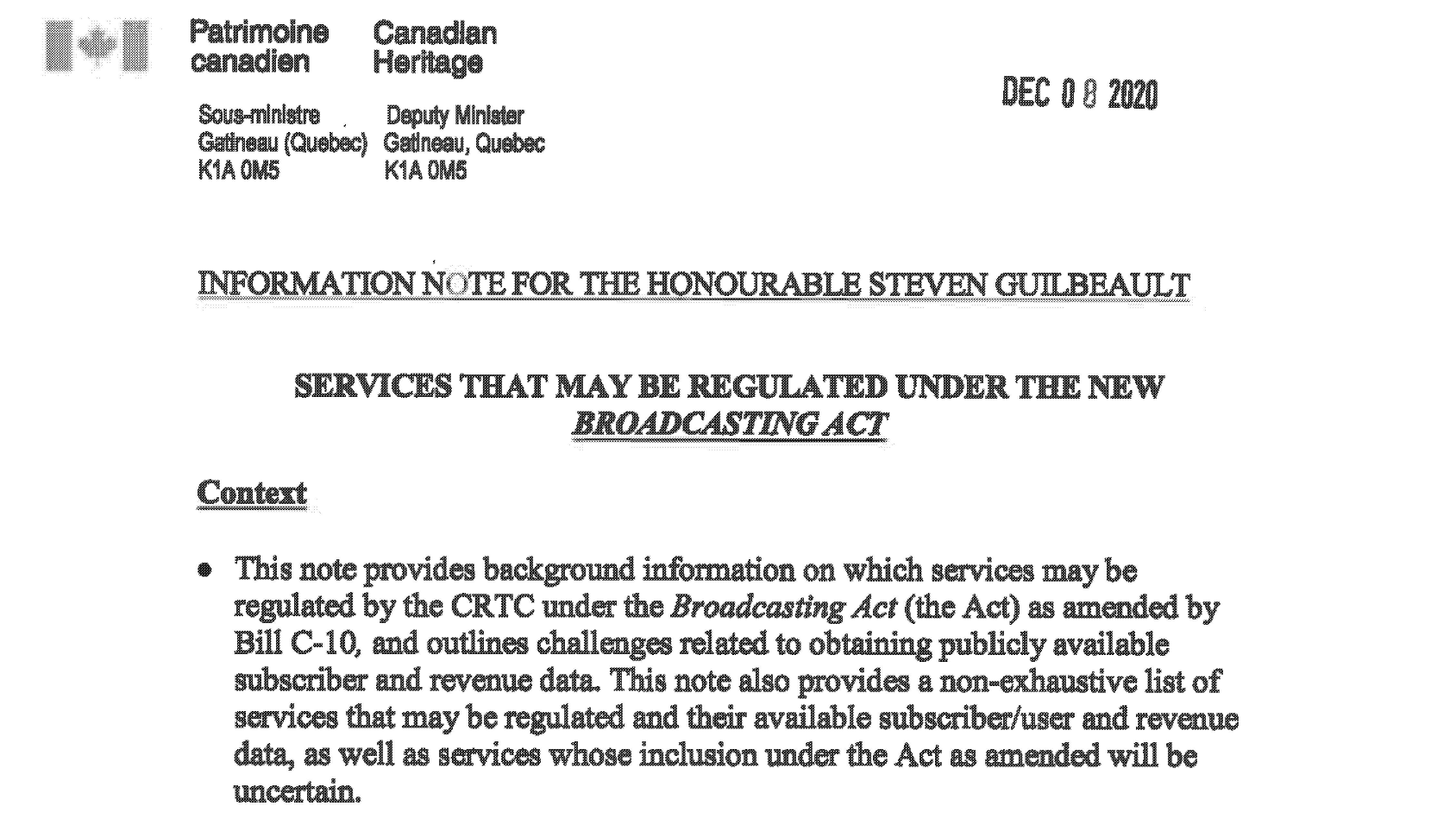The Canadian Chamber of Commerce's IP lobbying arm, the Canadian IP Council (members include CRIA and major pharmaceutical companies), will release a new set of recommendations for Canadian IP reform tomorrow. Based on their past comments, it is reasonable to expect that the report to claim that Canadian IP law is outdated and that combating counterfeiting and piracy will require WIPO ratification, new criminal provisions, and stronger border measures. As evidence, the report will claim that a conservative estimate of the costs of Canadian counterfeiting is $22 billion per year. As discussed last week, notwithstanding opposition from local chapters like Hamilton, the Chamber has emerged as a leading lobby group with regular meetings, the promotion of ACTA, and repeated claims about the scope of Canadian counterfeiting.
While no one should be supportive of counterfeiting, the reality is that there have been numerous arrests in recent weeks, suggesting that Canadian law is not exactly powerless to combat counterfeiting. Moreover, data from the U.S. Customs and Border Protection Service indicates that Canada is not a major source of counterfeit goods as we did not rank among the top ten sources of seizures in 2008. Most troubling, however, is the Chamber's consistent reliance on unsubstantiated data that has no credibility.







